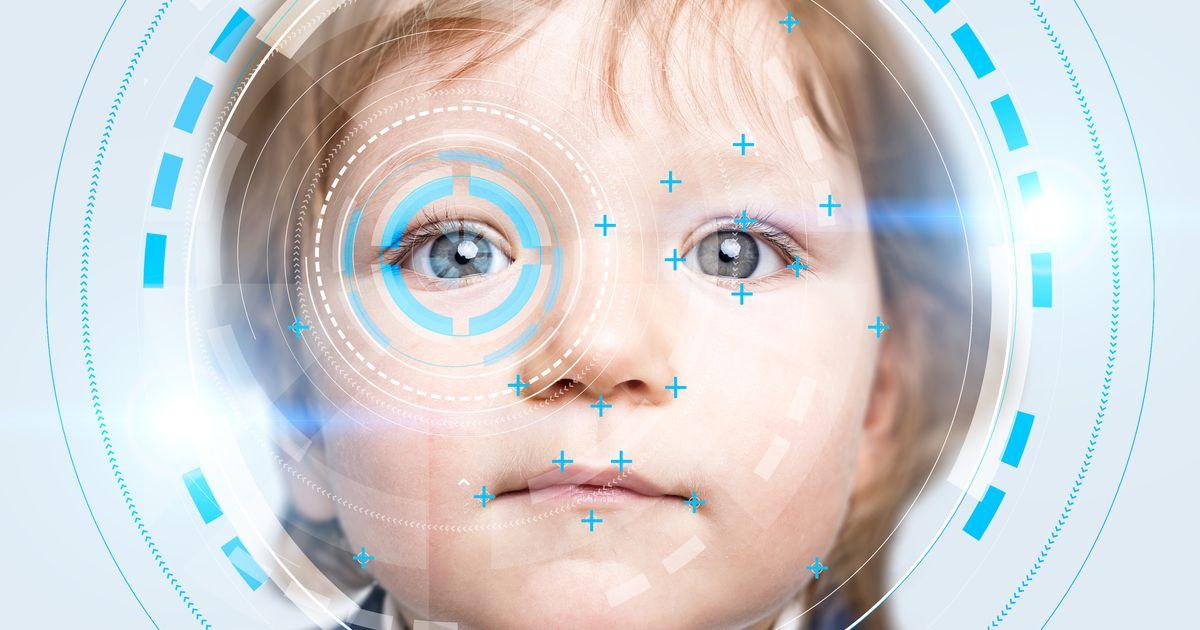
Florida, United States (Enmaeya News) — Diagnosing post-traumatic stress disorder in children is often a challenge. Young patients, especially those with limited communication skills or emotional awareness, may not be able to explain how they feel or what they’ve experienced.
To help close that gap, researchers at the University of South Florida have developed an artificial intelligence system that can identify PTSD in children by analyzing facial expressions during interviews.
The tool does not rely on raw video. Instead, it uses de-identified data that tracks non-personal facial movements—like changes in eye gaze and mouth motion—to protect the child’s privacy.
The study found that children’s facial cues were especially revealing during sessions with trained therapists, compared to interviews with parents. Researchers also identified specific expression patterns linked to PTSD, showing the tool’s potential to offer objective, emotion-based markers of trauma.
By combining childhood trauma expertise with privacy-preserving AI, the system could lead to earlier, more accurate diagnoses—and better mental health care for children.



